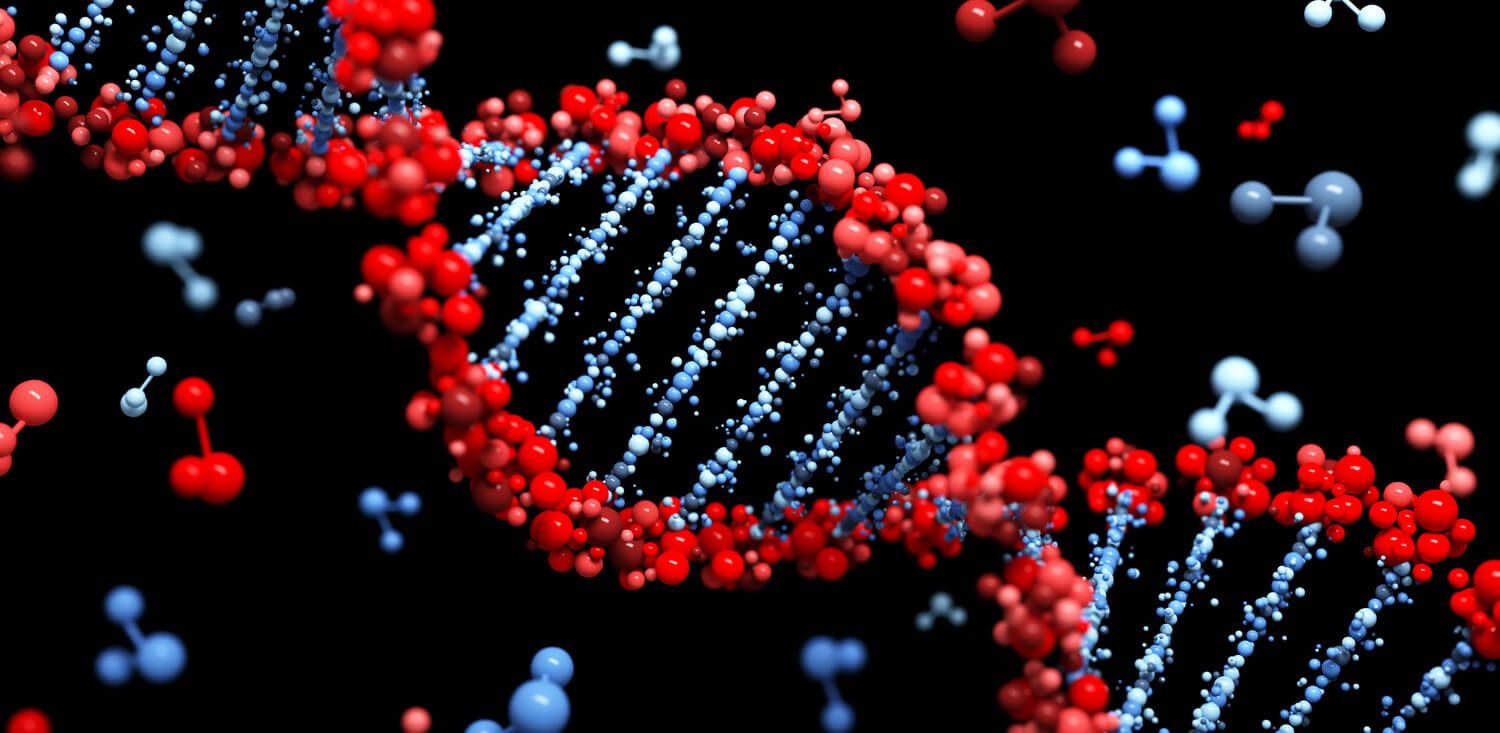Good read; and highlights fair arguments around science and technology innovations and their patents. CRISPR was highlighted; however, the same can be applied to things like AI. What happens when a Humanoid robot owned by an investment bank innovates and develops new technology for Wall Street? The humanoid robot was (in this example) created by Microsoft; however, is owned by a Goldman Sachs. Who truly owns this new technology innovation? Could we see Goldman Sachs owning 70% of the patent & Microsoft owning 30%?
The worlds of science, technology and patent law eagerly await the U.S. government’s decision on who deserves patents on what many have referred to as the biotechnology invention of the century: the CRISPR/Cas9 gene-editing technique.
Scientists hail CRISPR/Cas9 as more accurate and efficient than other, now-traditional genetic engineering methods. As a result, CRISPR has generated worldwide debate about how it could accelerate the manipulation of plants, animals and even human beings at the molecular level. That some DNA modifications can be passed on to future generations raises particular concern.
But the patent dispute, focusing on whether scientists at the Broad Institute of MIT and Harvard or those at University of California, Berkeley invented the technology, seems far from these ethical concerns. Each institution asserts that its scientists are the rightful inventors — and therefore the owners of the CRISPR/Cas9 patents. As proof, the scientists are submitting their published articles, laboratory notebooks and affidavits to the US Patent and Trademark Office, which will make a decision in the next few months.
